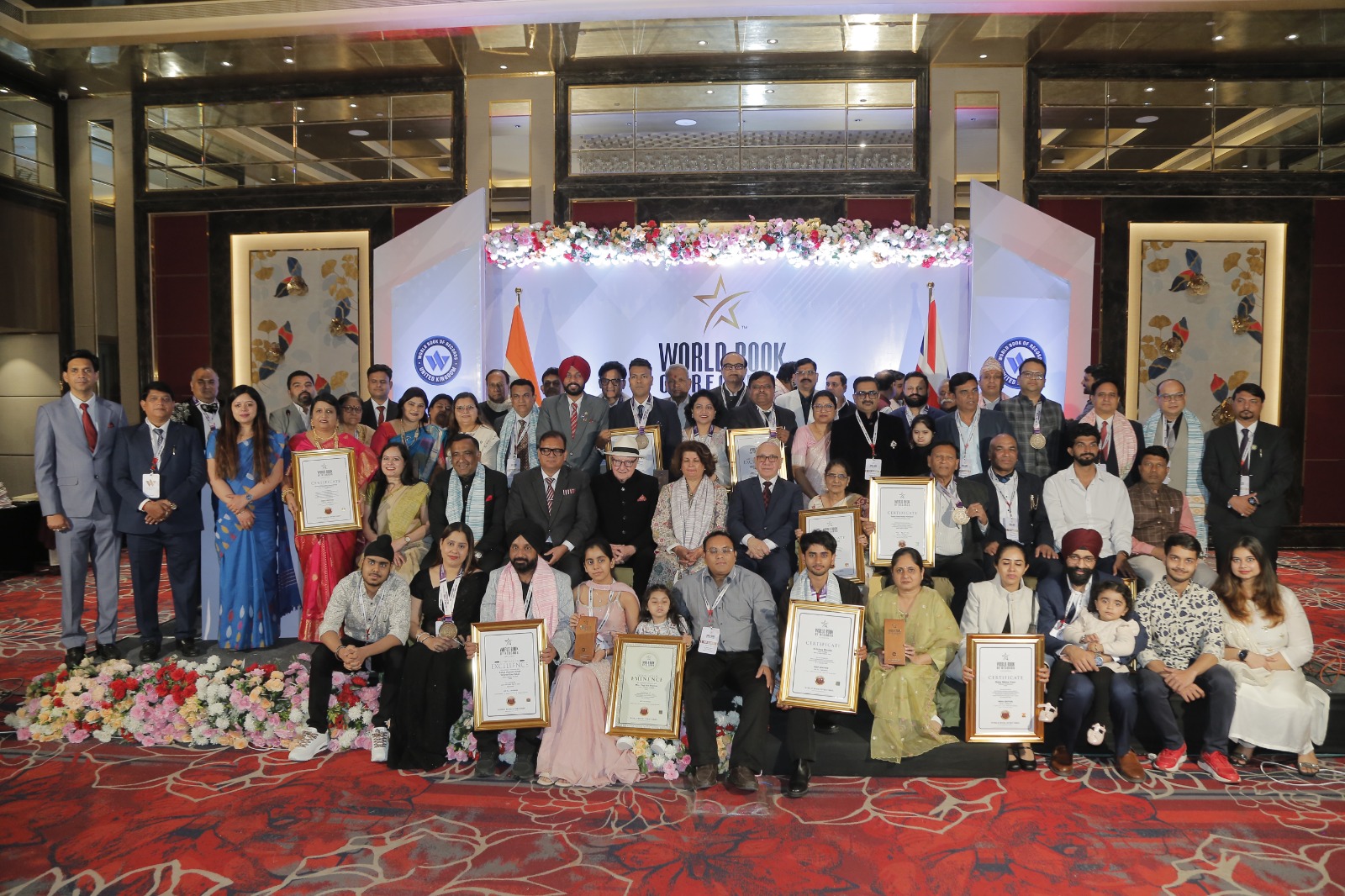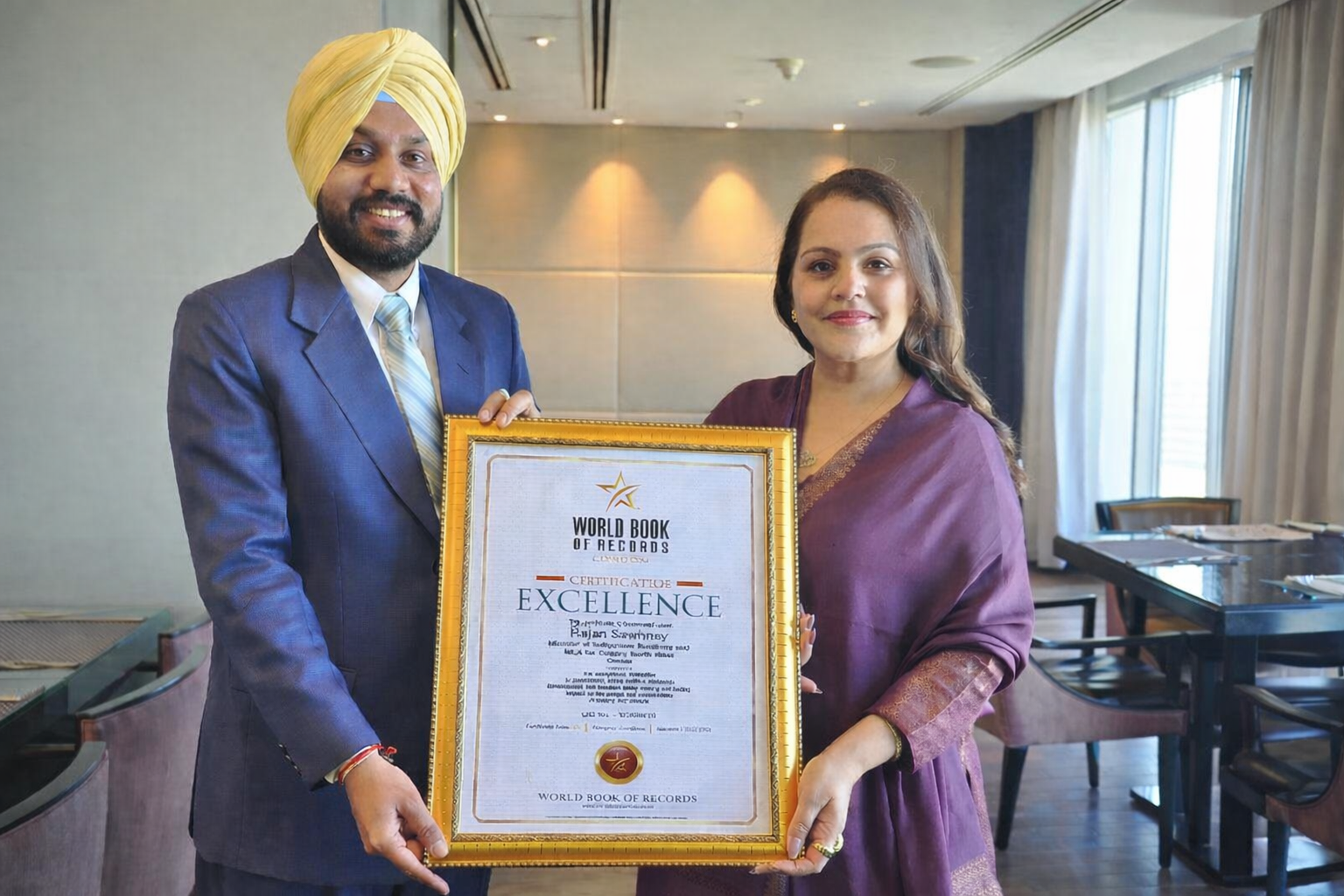
South Korean Nobel Winner Han Kang Hopes Daily Life ‘Won’t Change Much’
Han Kang, the first South Korean to win the Nobel Prize in Literature, has expressed her desire to maintain a normal life despite the historic honour. Han, who is renowned for her evocative and deeply reflective novels such as The Vegetarian and Human Acts, was awarded the Nobel Prize for Literature in recognition of her unique narrative style and exploration of the human condition, trauma, and violence. In a public statement following the announcement, Han shared that while the award is a significant milestone in her literary career, she hopes her daily routine won’t change drastically. “I feel a great sense of responsibility after receiving this recognition, but I hope my daily life won’t change much,” Han said. She emphasized that her writing remains deeply personal, and she wants to continue focusing on her craft without letting external expectations interfere with her creative process. The Nobel committee praised Han’s ability to weave complex emotions into her works, which often grapple with difficult themes like oppression, violence, and human suffering. Her work has resonated with reader’s worldwide, bringing international attention to South Korean literature. Following the announcement, South Koreans celebrated Han’s achievement, recognizing it as a proud moment for the country’s cultural landscape. Many hope this international recognition will pave the way for more South Korean writers to gain global attention. Despite the immense honour, Han remains focused on her love for literature. “Writing is a way for me to understand the world and myself. I will continue writing as I always have,” she stated. As Han Kang enters a new chapter in her literary journey, the world eagerly anticipates her future works, while she remains grounded in her hope for a simple, unchanged daily life.



